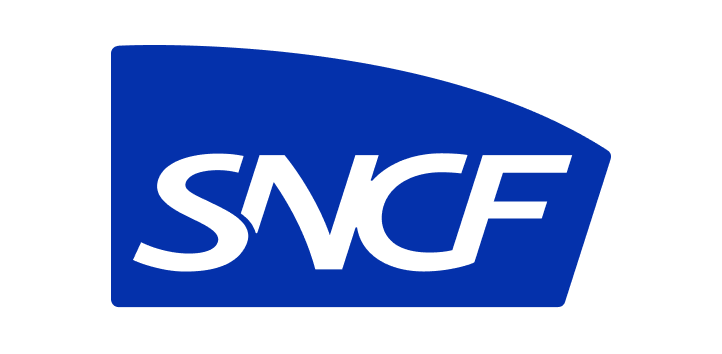Blockchain is a complex technology with largely unsuspected powers.
Praised for its unparalleled foolproof logistical traceability, blockchain has established itself as a key player among logisticians and other supply chain professionals to successfully complete their digital transition.
But for those who take the time to explore it and not to misdirect its decentralized structure, its control is far from insurmountable.
Beyond its technological dimension, it is the arrangement of consensus mechanisms that could effectively solve the challenges of supply chains, whether in the luxury or controlled temperature sectors. And what better way to demonstrate its universal utility than through Ownest's transfer of responsibility monitoring.
Numerous use cases of extra-monetary blockchain use and an increase in power for the logistics sector
Originally confined to the financial sector with Bitcoin, the blockchain has emancipated itself, disrupting, in turn, the fields of supply chain, retail, energy, the art market or luxury.
These are all areas where opacity has hitherto been paramount and where trust between a multiplicity of actors was difficult to build. This situation, where information was held by experts and accessible in a fragmented way to all individuals, created an asymmetry of information and conferred discretionary power on intermediaries.
The blockchain thus makes it possible to instill transparency and trust in clearly complex environments.
While logistics networks are increasingly fragmented, logistics actors too often have insufficient visibility on final demand, but also and above all on the movement and precise location of their goods (materials/packaging, spare parts and other goods).
Known as particularly suitable for logistics traceability, the popularity of blockchain technology among supply chain professionals is well established. But while many service providers simply track and geolocate the product using IoT tags, securing goods and viewing all flows resulting from this method in real time is far from being as efficient as it seems.
We no longer count the situations in which the geolocation beacon is found while the goods are missing.
Thus, rather than monitoring the products themselves, it is more appropriate to monitor responsibilities, i.e. to know at all times who is responsible for what. This is the startup Ownest's unusual area of expertise.
In addition, by tracking the transfer of responsibilities through the blockchain, it is now possible to certify the physical presence of any type of merchandise at any given time.
The follow-up of transfer of responsibility, a promising blockchain application that breaks down the borders of the logistics framework alone
Through its innovative concept of "monitoring responsibility transfers", Ownest demonstrates that the blockchain can be applied to all industrial sectors, from logistics to its satellite sectors, such as food retailing, luxury, the cold chain, freight, pharmaceuticals and aeronautics.
"With our blockchain solution, we are able to know who is responsible for what, at any time, on any network.
The solution consists in generating and transferring a digital tracker, allowing to certify a foolproof traceability of any type of product: pallets, packaging, parcels, goods, medicines, foodstuffs, spare parts, luxury products....
The Blockchain revolution then lies in this certification of transfer of responsibility, which itself makes it possible to certify the physical existence of the product and which offers, via the decentralized/open nature of the network, a legally enforceable liability. All of these certified data can then be processed without risk of bias, because unlike the theoretical data provided by logistics solutions, these data are directly generated by the field in real time.
The blockchain register makes it possible to guarantee an end-to-end visualization of all transactions consisting of a transfer of responsibility, even temporary.
While Clément Bergé-Lefranc emphasizes that logistics is first and foremost a chain of responsibilities, the Blockchain way of thinking calls for a more open way of thinking, far from a vision in silos.
Tu summarize, when a relationship involves a transfer of assets in a complex environment with several levels of subcontracting, the blockchain use is clearly relevant.
The traceability of the product will then be certified by each of the actors in the chain.
During a product transfer, the actors will at the same time transfer this responsibility in a certified way.
Individuals pursue a single individual objective: to remain responsible for the product for as short a time as possible. This is what is commonly referred to as the idea of "giving each other the hot potato".
Thanks to Ownest's liability transfer monitoring solution and despite the defence of conflicting individual interests, it is now possible for everyone to become a contributor/certifier to the logistics network and, consequently, to the company's value chain.
![Cdiscount 2022 04 01 174830 mhxm]()
![Scnfbis]()
![Saint Laurent]() Company
Company



